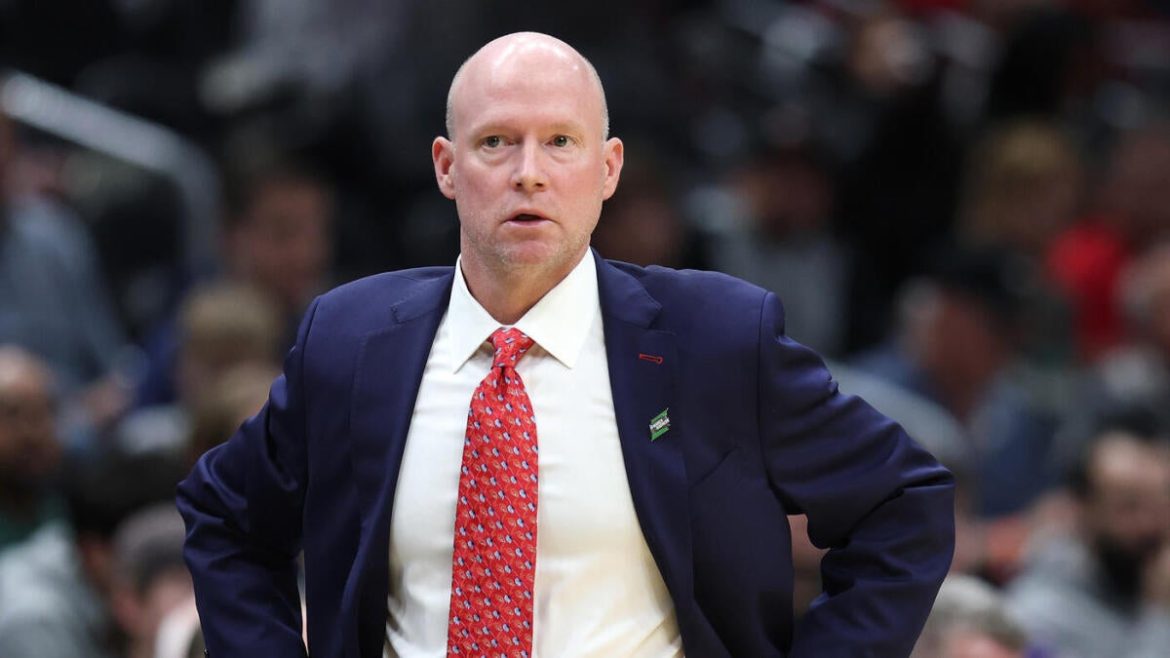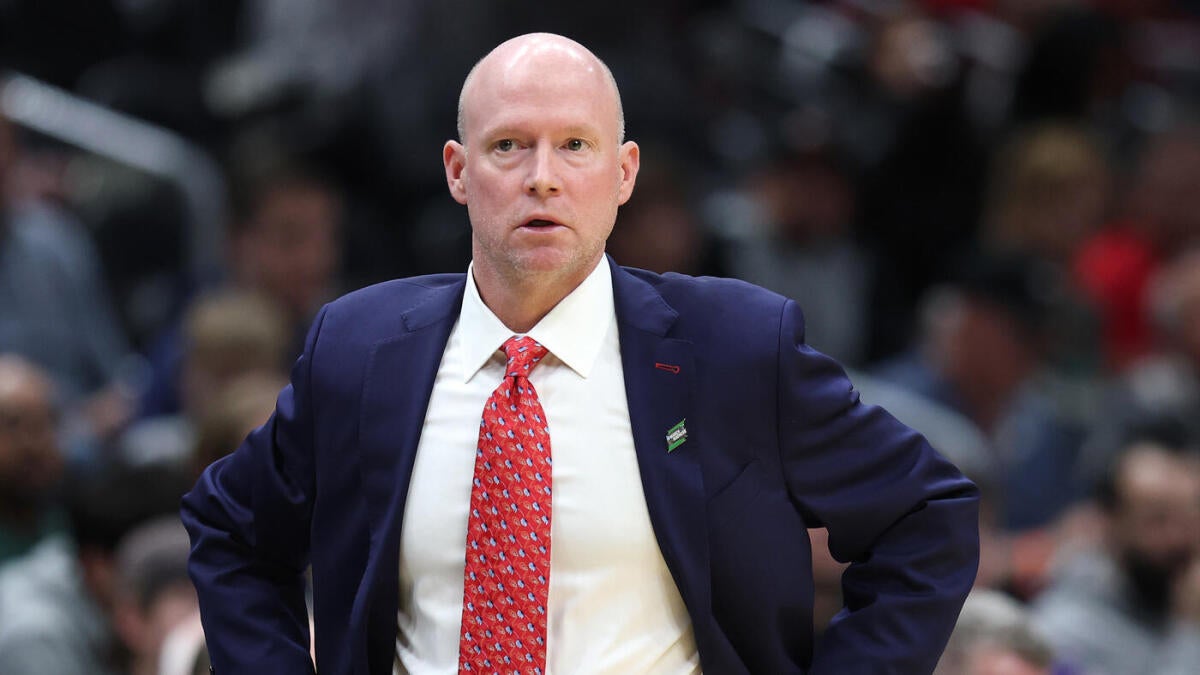Kevin Willard’s Departure from Maryland: A Deep Dive into Controversy, Fan Backlash, and the Road Ahead
—
Setting the Stage: Who is Kevin Willard and What Happened at Maryland?
Kevin Willard’s tenure as head coach of the University of Maryland men’s basketball team was marked by brief success, sudden shifts, and ultimately, a contentious exit that has left Maryland fans reeling. Hired in 2022, Willard took over the Terrapins amidst some skepticism. Almost immediately, he expressed frustration with the program’s support and resources, famously telling a Maryland booster that he had “never seen a place that cares less about winning in basketball than this.” This candid remark previewed the rocky relationship that would define his time there.
Despite improving the team’s performance, leading Maryland to a Sweet 16 appearance in the NCAA Tournament, the saga of his departure for Villanova cast a long shadow over that success. His exit was rapid and dramatic, happening right after the tournament run, and it appeared premeditated given his public comments and the way news of rumors about Villanova swirled during March Madness.
—
The Nature of the Fallout: Fan Reactions and Media Scrutiny
Maryland fans’ reaction was swift and fierce. Many felt betrayed, branding Willard a “sellout” and “traitor” for abandoning the program after a seemingly promising season. The bitterness was fueled by how the departure was handled: rumors leaked prematurely, there was little transparency, and Willard’s own statements often came across as defensive or dismissive of Maryland supporters’ frustrations.
Social media and sports media outlets amplified this discontent. Comments like “I know they hate me,” which Willard himself acknowledged in interviews, underscore his awareness of the negative sentiment. Yet, instead of attempting public reconciliation or explaining his rationale more openly, Willard often downplayed the criticism, sometimes coming across as aloof or sardonic in press conferences.
This disconnect between Willard and the Maryland fanbase was further exacerbated by the involvement of athletics administration figures, such as Damon Evans. Reports hint at strained relations behind the scenes, contributing to what observers call a “messy exit.” For a fanbase longing for stability and commitment, this unraveling stung more deeply than a typical coaching change.
—
Underlying Issues: Support, Resources, and Program Prioritization
A recurrent theme in Willard’s comments is dissatisfaction with Maryland’s institutional support for basketball. He indicated from the start that resources were lacking, implying that the program’s ambitions did not align with the university’s commitment to funding and backing the team adequately. This tension between coach expectations and athletic department support is central to understanding why Willard might have viewed Villanova, a well-established basketball powerhouse with consistent high-level resources and a strong culture, as a better fit.
This context helps frame the departure less as a mere betrayal and more as a strategic move by a coach seeking a sustainable platform to build and compete at elite levels. However, Willard’s communication style and timing failed to soften the blow or reassure Maryland fans of his loyalty during the process.
—
Villanova’s Perspective: A “Hired Gun” for the Wildcats
Villanova welcomed Willard back into the Big East with high expectations. His previous coaching stint at Seton Hall and demonstrated ability to rebuild rosters positioned him as a capable successor for the Villanova program. Analysts describe this hire as a “hired gun” – a coach focused on getting results rather than sentimental ties.
Willard’s move to Villanova shifts the basketball landscape by potentially altering competitive dynamics, especially given that he left Maryland soon after a strong showing in the tournament. For Villanova fans, this is exciting news, signaling a fresh direction and hope for continued success. Yet, the behind-the-scenes tensions from Maryland still follow Willard, creating a cloud of controversy as he embarks on this new chapter.
—
Willard’s Own Words: Addressing the Controversy Head-On
In multiple interviews and media interactions, Willard has oscillated between acknowledging the animosity he faces and trying to move past it. He openly admitted, “I know they hate me,” yet he also expressed affection for Maryland, calling it a “great place” with a fan base he liked.
His defensive posture in press conferences, sometimes perceived as sarcastic or detached, suggests he is trying to shield himself from ongoing criticism. Willard has also called for Maryland fans to “move on,” a message that has found little traction given the raw emotions tied to his departure.
One striking aspect is the contrast between Willard touting Maryland as the “most fun” coaching stop of his career and his decision to leave abruptly. This contradiction fuels fan skepticism about his true motivations and legacy at Maryland, further complicating his public image.
—
The Aftermath for Maryland: New Leadership and Resetting Expectations
Following Willard’s departure, Maryland wasted no time bringing in Buzz Williams to steady the ship. The university organized a warm welcome for Williams, clearly aiming to turn the page and erase painful memories associated with Willard’s exit. The program is pushing forward with renewed energy and hopes to reestablish faith with a fanbase still smarting from recent events.
This coaching shakeup and associated drama remind us how critical leadership transitions are in college sports, not just for team performance but for community trust and institutional pride.
—
Conclusion: A Cautionary Tale of Communication, Commitment, and Change
Kevin Willard’s exit from Maryland encapsulates a complex mixture of ambition, frustration, and fractured relationships. While the move to Villanova may ultimately be the right career decision for him, the manner in which it transpired has left a lasting impact on the Maryland basketball community. Coaching departures are never purely about Xs and Os; they are deeply entwined with loyalty, identity, and perception.
The saga serves as a compelling study in how crucial clear communication and timing are, especially when working within passionate fanbases. For Willard, rebuilding his image at Villanova while moving past the “messy” Maryland chapter will be essential. For Maryland, embracing new leadership and rekindling fan trust remains a top priority.
Ultimately, both sides face a future defined by change—one coach pursuing new heights within an established program, and one university striving to regain its footing after a turbulent episode. In the high-stakes world of college basketball, such stories remind us that success is as much about relationships and perception as it is about wins on the court.





